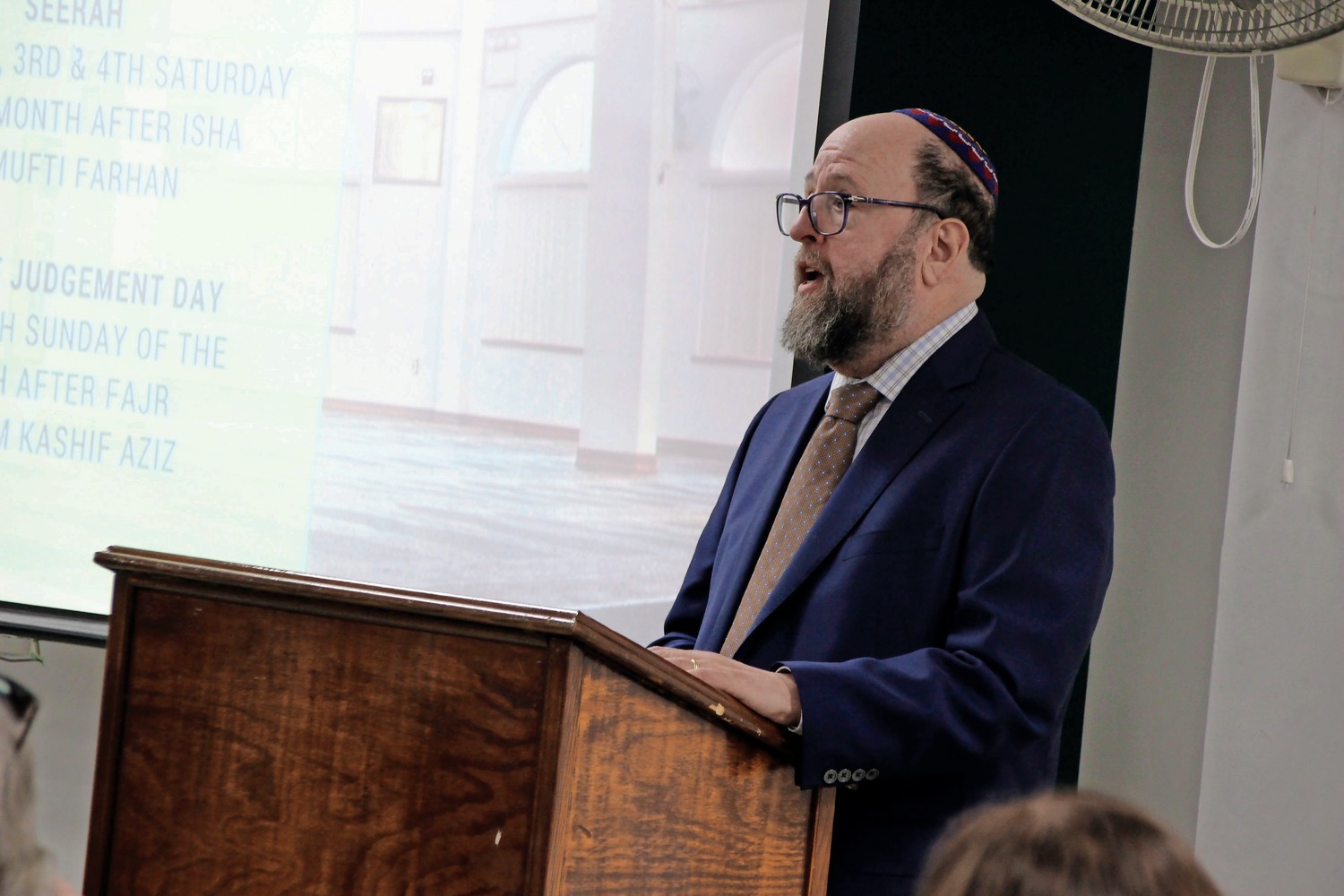Learning to apologize on the High Holy Days
Posted
Why is it so hard to apologize? On the High Holy Days, Jewish people are called upon by God to seek out people we have wronged and ask forgiveness for what we have done to them, or failed to do for them.
No one is perfect. We all make mistakes. We can be thoughtless and unkind, saying and doing things that hurt people. But, we often have such difficulty acknowledging it and asking them for forgiveness.
Instead of saying we are sorry, we rationalize — justifying our behavior in our own minds and letting ourselves off the hook. We tell ourselves things like, “It was partially her fault; if she hadn’t done this, I wouldn’t have done that,” or, “He’s too sensitive, it wasn’t such a big deal.”
The High Holy Days offer us a great gift. They create a context in which we can reach out to family members, friends and acquaintances and make amends. Such conversations could begin something like this: “With the holidays coming, I have been thinking about our relationship, I am so sorry that I … I hope you can forgive me.”
None of this is easy. But, if we set our egos aside and make the effort, I am confident that we renew our relationships, become better people and live lives that will be richer, more meaningful and more rewarding in the New Year.
Warmflash is the spiritual leader of the Hewlett-East Rockaway Jewish Centre.
Report an inappropriate comment
Comments

 66.0°,
Shallow Fog
66.0°,
Shallow Fog 




